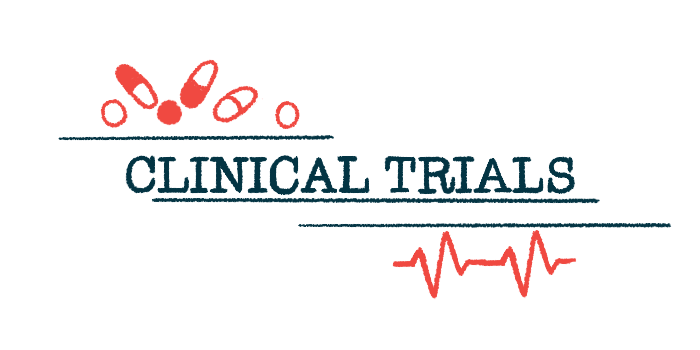Phase 3 trial of INOpulse fails to meet primary, secondary goals
REBUILD study enrolled 145 PF patients at risk of developing pulmonary hypertension
Written by |

The Phase 3 REBUILD clinical trial, which tested Bellerophon Therapeutics‘ inhaled nitric oxide therapy INOpulse in people with pulmonary fibrosis at risk of developing pulmonary hypertension, failed to meet its primary or secondary goals, according to recent top-line data.
“The REBUILD study did not match the outcomes we saw in the exploratory Phase 2 study in this patient population; however, the overall outcome of this pivotal validation study is conclusive and we do not see a path forward for continuing the REBUILD trial,” Peter Fernandes, CEO of Bellerophon, said in a company press release.
Pulmonary fibrosis is marked by scarring, or fibrosis, in the lungs, which can increase the risk of pulmonary hypertension — a condition marked by increased pressure in the blood vessels connecting the heart to the lungs. INOpulse is a portable system used to deliver inhaled nitric oxide, a substance naturally found in the body that can help ease pulmonary hypertension by prompting blood vessels to relax and widen and blood pressure to drop.
INOpulse fails to show significant differences
The Phase 3 REBUILD trial (NCT03267108) enrolled 145 people with pulmonary fibrosis at risk of developing pulmonary hypertension. The participants were randomly assigned to receive nitric oxide or a placebo, given via the INOpulse device through a nasal cannula. Dosing finished about a month ago.
The study’s main goal was to assess its effect on patients’ physical activity, as measured via a monitor worn on the wrist, after 16 weeks, or about four months.
Results showed patients on inhaled nitric oxide spent less time — 5.49 minutes a day — engaging in moderate to vigorous physical activity than those on placebo. Other measures, including assessments of overall activity, the distance patients could walk in six minutes, and patient-reported measures of quality of life and shortness of breath, showed no statistically significant difference between the groups.
Safety data were generally in line with prior INOpulse studies and the therapy was overall well tolerated, according to Bellerophon. Rates of serious side effects and deaths were comparable in both treatment groups.
“On behalf of Bellerophon, I would like to thank all the patients, clinical trial sites, and investigators for participating and supporting the conduct of this pivotal study, allowing us to bring closure to the REBUILD clinical study,” Fernandes said.







